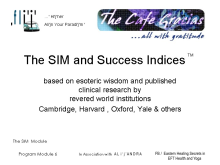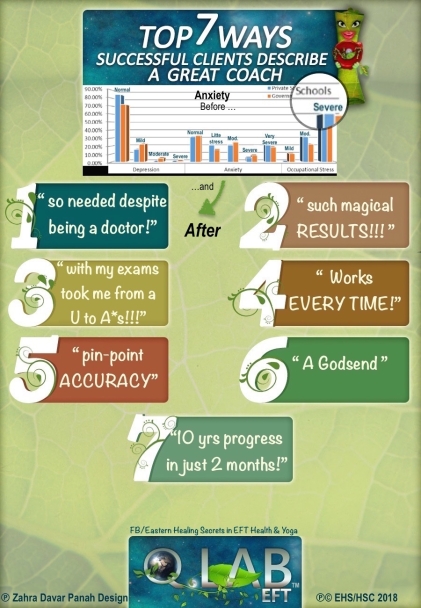![]()
This is a text area. You can change this text by double clicking on it which will bring up the editing controls. When you have finished editing the text, click some empty space on the page to return.
Items can be moved around by dragging and resized using the resize handles on their left and right sides while they are selected. These appear as draggable translucent white squares
The Rediscovered Self
Mediation via Interpersonal Resources
Experiencing and expressing emotions are also likely to influence students’ achievement because of how emotions affect relationships. Emotional expressions that undermine relationships at school, such as angrily shouting at a teacher or peer, can be problematic because the quality of peer and student-teacher relationships is consistently linked to positive educational outcomes (Hamre & Pianta, 2001; Jerome, Hamre, & Pianta, 2009; Ladd, Herald, & Kochel,
"Do you hate being treated as an object in the organisational systems of bureaucrats and politicians? Does the hard sell of today’s mass consumerism repel you? Are you less than enthusiastic for the wonders of technology? Are you deeply suspicious of globalisation and all that attends it? Are you worried about the future of humanity on this ravaged planet? In this path-breaking text, C.G. Jung sets out in the clearest possible terms what one has to do, as an individual, to stand up to these trends in contemporary society.’ Andrew Samuels, Professor of Analytical Psychology, University of Essex



Mediation via Motivational Processes
Motivational processes are clearly associated with students’ achievement (Ladd, Birch, & Buhs, 1999; Wigfield, Eccles, Schiefele, Roeser, & Davis-Kean, 2006), and motivation might partially mediate the relations between emotion and achievement. Students prone to anger or anxiety may perform poorly because these emotions decrease their motivation for learning and engaging in classroom activities (Linnenbrink, 2007), which are important predictors of academic success (Wigfield et al., 2006). Negative correlations between students’ proneness to anger or shyness and their classroom participation and school liking also support the consideration of motivational mechanisms as potential mediators (Valiente et al., in press). Consistent with these findings, Heavey, Adelman, Nelson, and Smith (1989) reported that dispositional anger was negatively associated with motivation for on-task performance. In addition, although they did not test mediation, Gilman and Anderman (2006) reported that dispositional anxiety tended to reduce students’ motivation to master a subject, which was positively related to GPA. Sadness and anxiety are part of the withdrawal system and may interfere with learning by causing children to avoid challenging school activities that might involve negative experiences or outcomes (Davidson et al., 2000).
I



